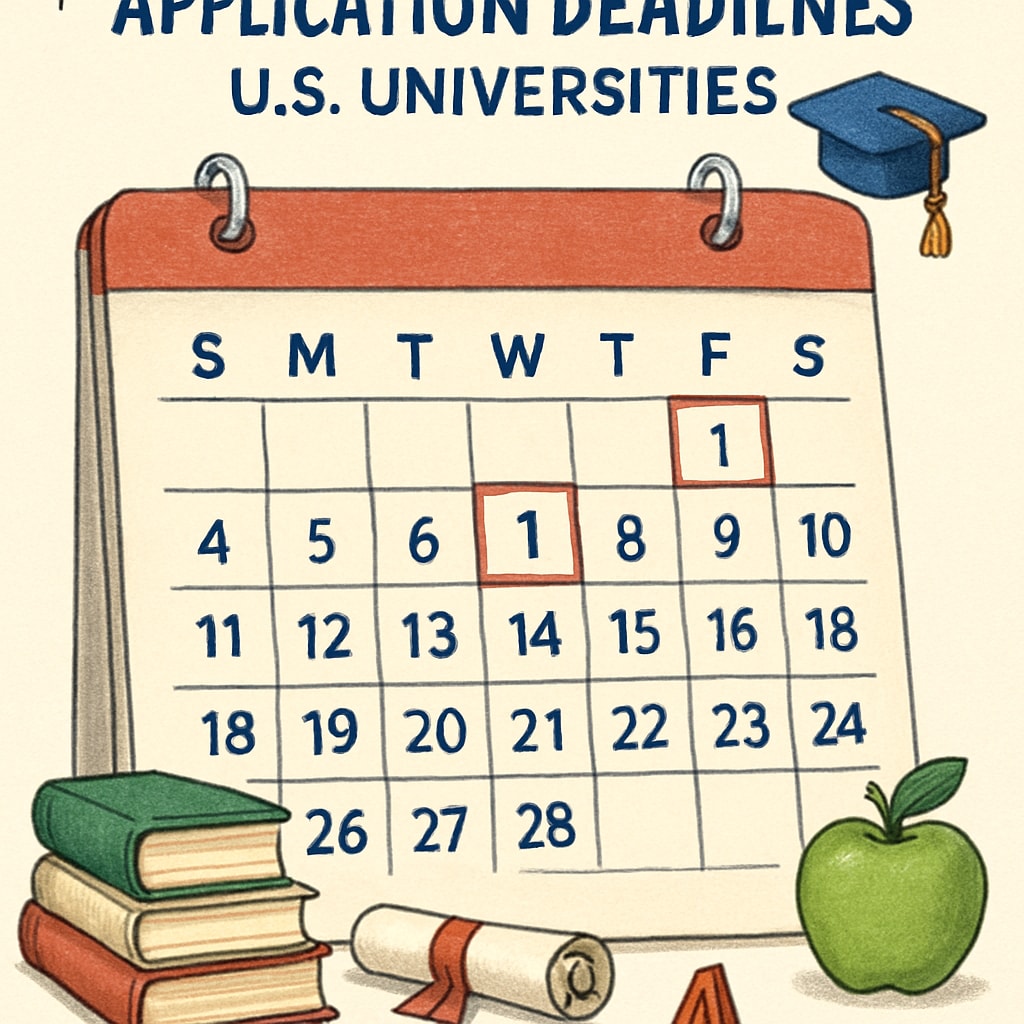Applying to undergraduate data science programs in the U.S. can be an exciting yet challenging process for international students. From understanding how IGCSE qualifications are evaluated to meeting standardized test requirements, prospective applicants must navigate a series of crucial steps to secure their spot. In this guide, we’ll break down the essentials, including recognized qualifications, application materials, and recommendations for top-tier universities offering data science programs.
Understanding the Role of IGCSE in U.S. Applications
For international students with IGCSE (International General Certificate of Secondary Education) qualifications, the first step is determining how these credentials are recognized by U.S. universities. Generally, IGCSEs are considered equivalent to the U.S. high school curriculum; however, most universities require students to complete additional qualifications, such as A-levels, IB (International Baccalaureate), or equivalent senior secondary certificates.
It’s crucial to check the specific requirements of each university. For example, some institutions may accept IGCSEs alone if the student has achieved exceptional grades in core subjects like mathematics and science. In contrast, others may mandate supplementary qualifications to meet their entry standards.

Standardized Tests: SAT, ACT, and English Proficiency
Standardized tests are a cornerstone of the U.S. college application process. Most universities require international students to submit SAT or ACT scores. These tests assess a student’s readiness for college-level coursework and are often used alongside academic grades to evaluate applications holistically.
In addition to SAT/ACT scores, non-native English speakers must demonstrate English proficiency through exams like TOEFL (Test of English as a Foreign Language) or IELTS (International English Language Testing System). Minimum score requirements vary by institution but typically fall within these ranges:
- TOEFL iBT: 80-100
- IELTS: 6.5-7.5
It’s advisable to prepare for these exams well in advance, as retakes may be necessary to achieve competitive scores. For students targeting prestigious universities, higher scores in both standardized and English proficiency tests can significantly strengthen their applications.
Crafting a Strong Application: Materials and Deadlines
Beyond test scores and academic qualifications, a compelling application requires several key components. These typically include:
- **Personal Statement**: An essay highlighting your passion for data science, academic achievements, and future career goals.
- **Letters of Recommendation**: Typically from teachers or mentors who can attest to your abilities and character.
- **Transcripts**: Official records of your academic performance, translated into English if necessary.
- **Extracurricular Activities**: Evidence of involvement in clubs, competitions, or projects related to data science or STEM fields.
Deadlines are another critical factor. While regular decision deadlines usually fall between January and March, early action or early decision options may require submissions as early as November. Be sure to verify the timeline for each school you’re applying to.

Top Universities for Data Science in the U.S.
Choosing the right university is essential for a rewarding educational experience in data science. The following institutions are renowned for their undergraduate data science programs:
- **Massachusetts Institute of Technology (MIT)**: Known for its cutting-edge research and interdisciplinary approach to data science.
- **Stanford University**: Offers a robust curriculum that integrates computer science, statistics, and domain-specific applications.
- **University of California, Berkeley**: Home to one of the first dedicated data science undergraduate programs in the U.S.
- **Carnegie Mellon University**: Focuses on computational and applied aspects of data science, with strong industry connections.
- **University of Michigan, Ann Arbor**: Combines theoretical foundations with practical applications in its data science curriculum.
These schools are highly competitive, so it’s vital to present a strong application that highlights both academic and extracurricular achievements.
Final Thoughts: Preparing for Success
Applying to undergraduate data science programs in the U.S. requires careful planning and preparation. From ensuring your IGCSE qualifications meet admission standards to excelling in standardized tests and crafting a standout application, every step matters. By following the guidelines outlined in this article, international students can increase their chances of acceptance into top-tier programs and take their first steps toward a career in data science.
For additional resources, consider exploring platforms like Data Science on Wikipedia or Data Science on Britannica to deepen your understanding of the field.


